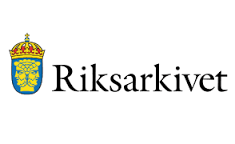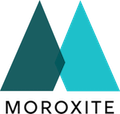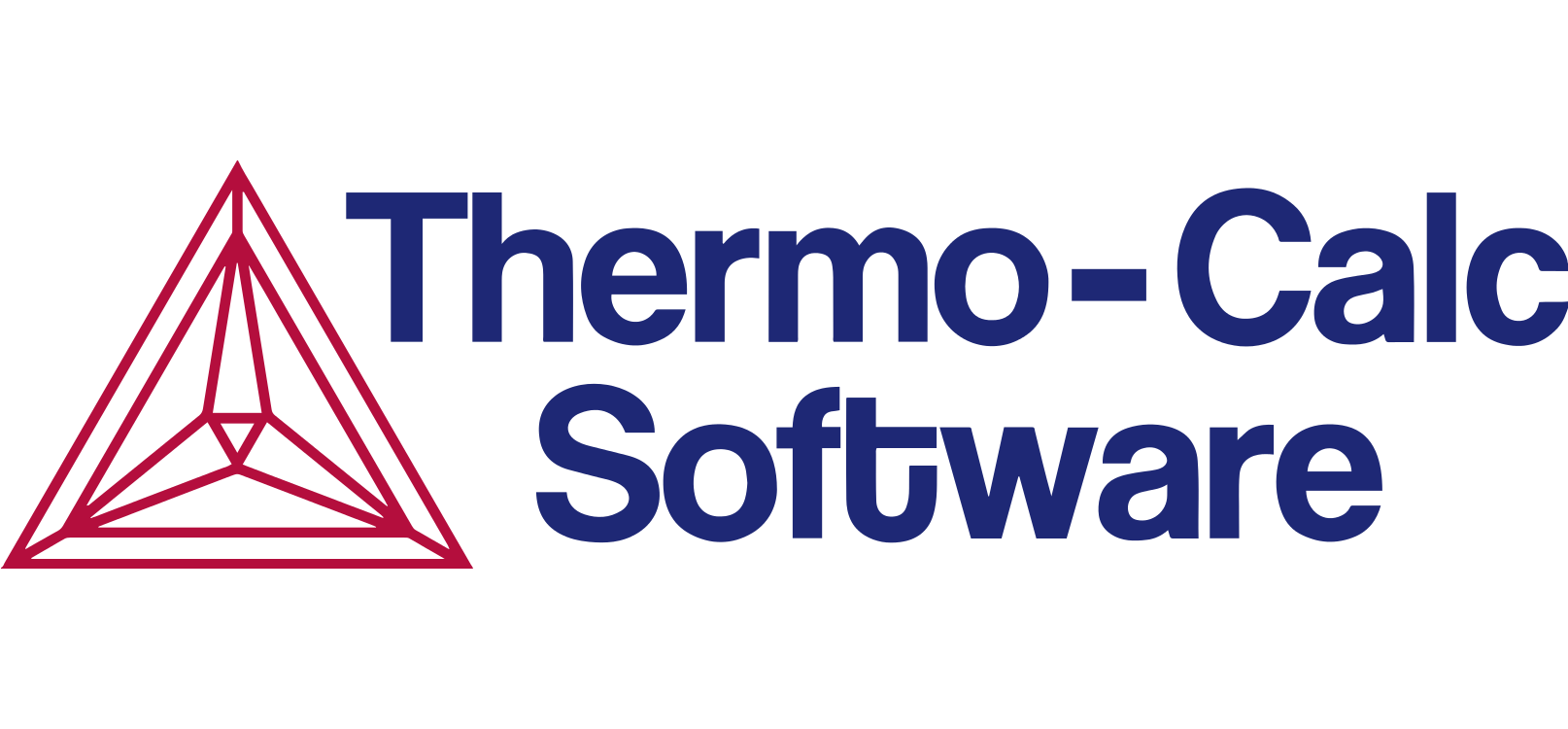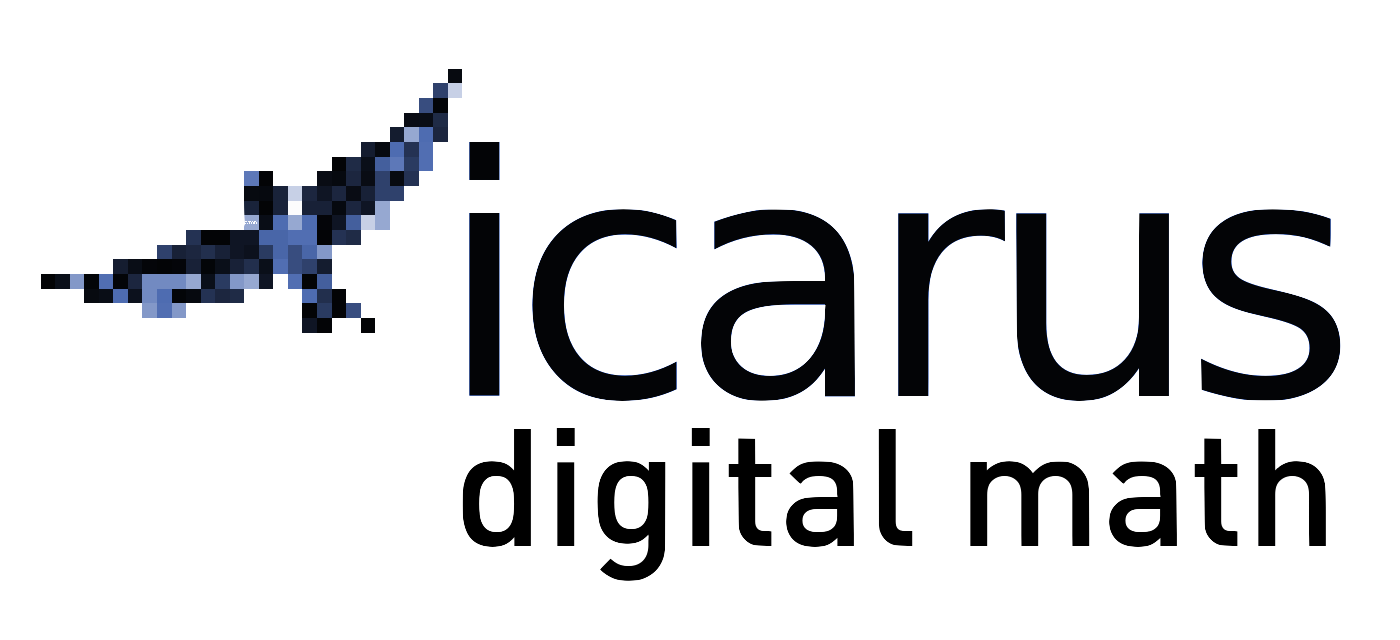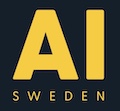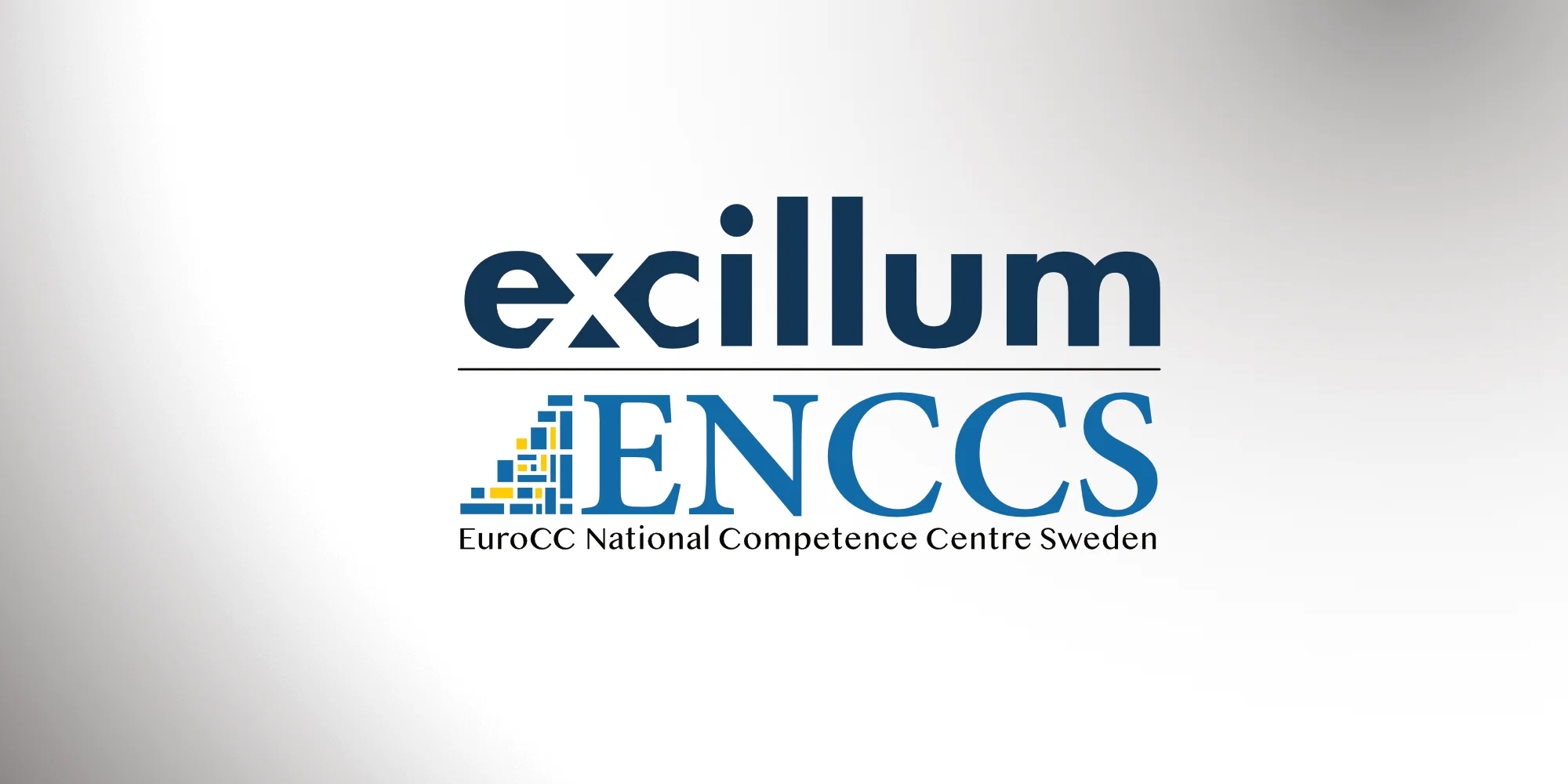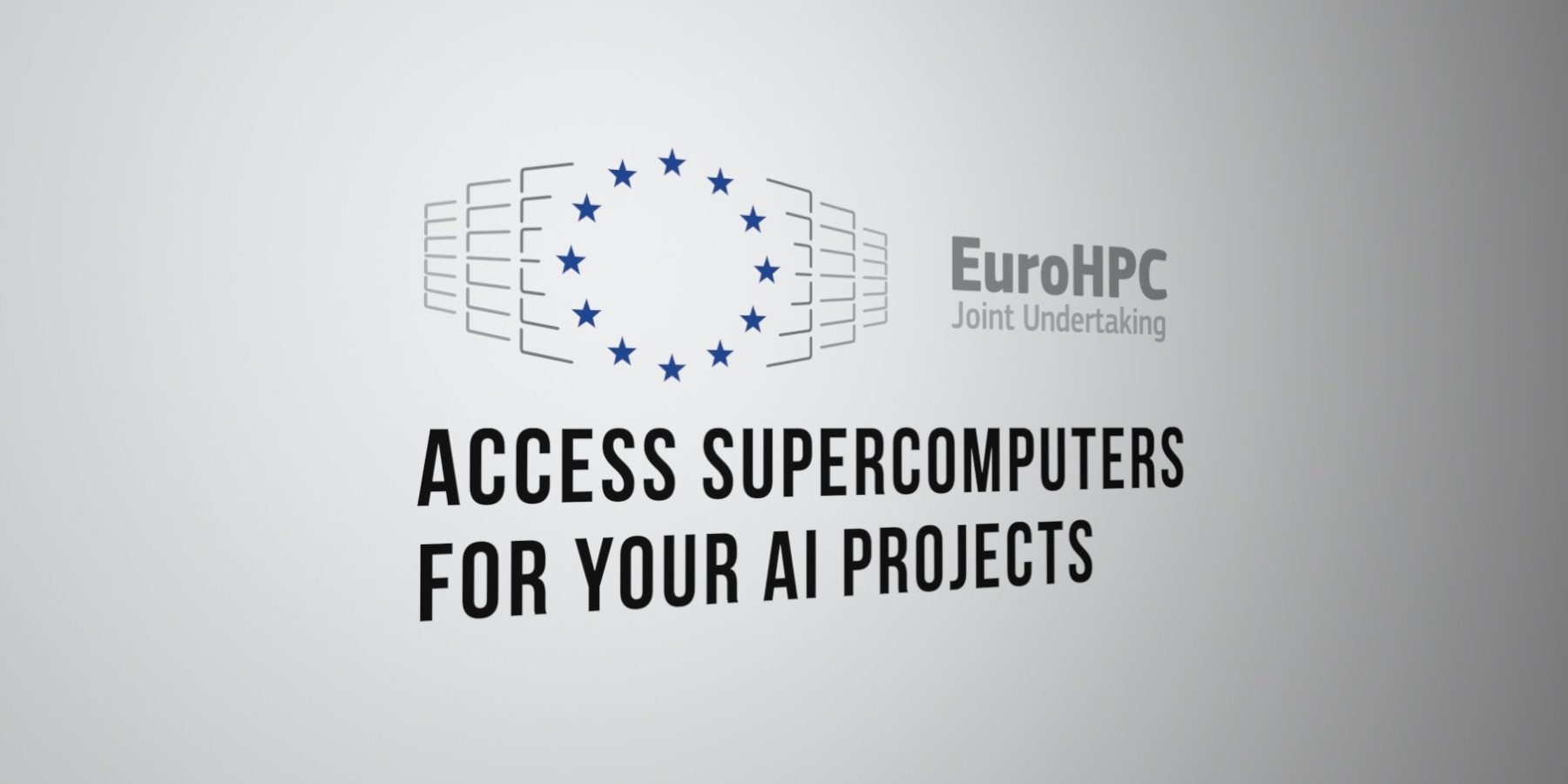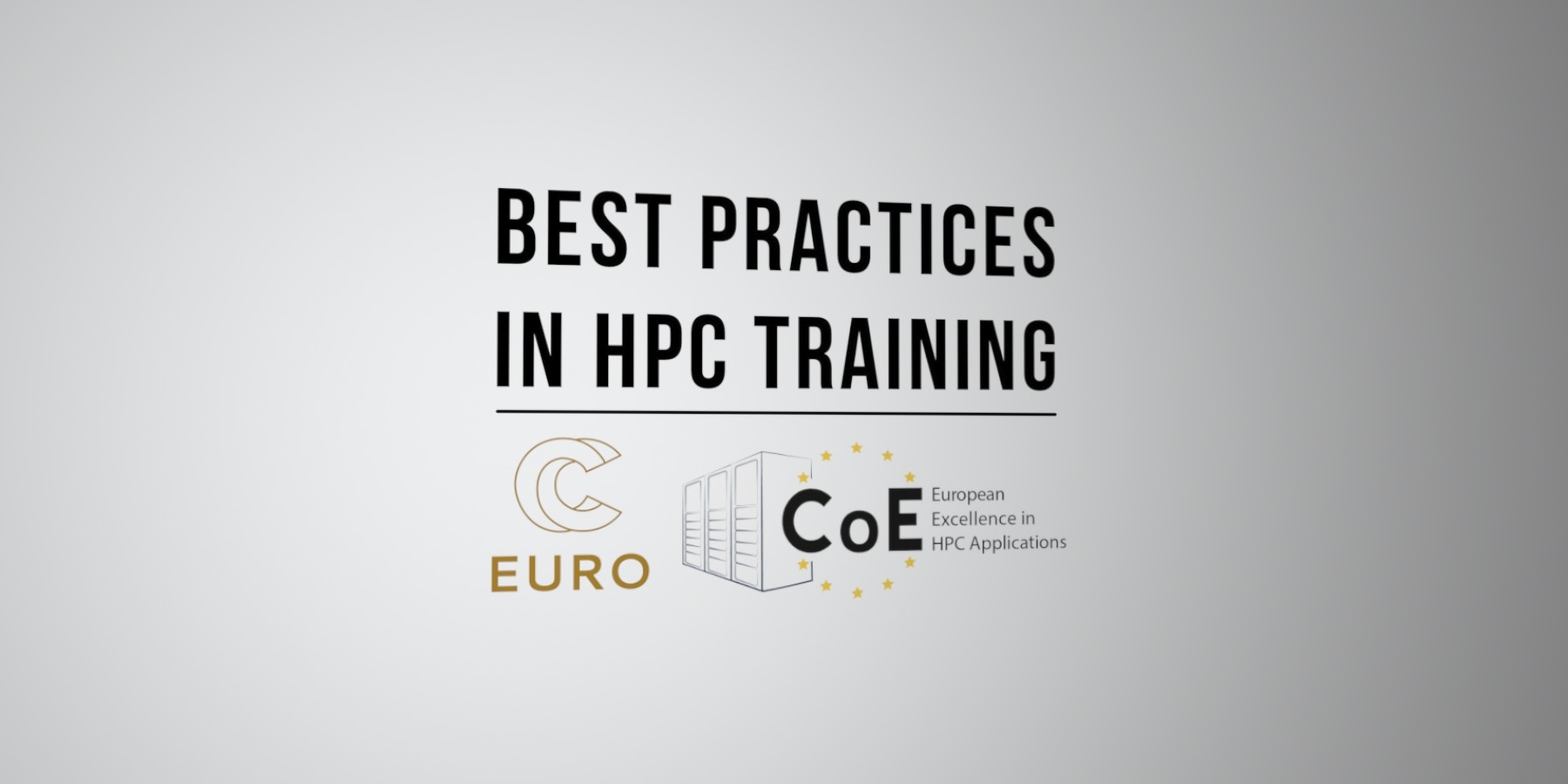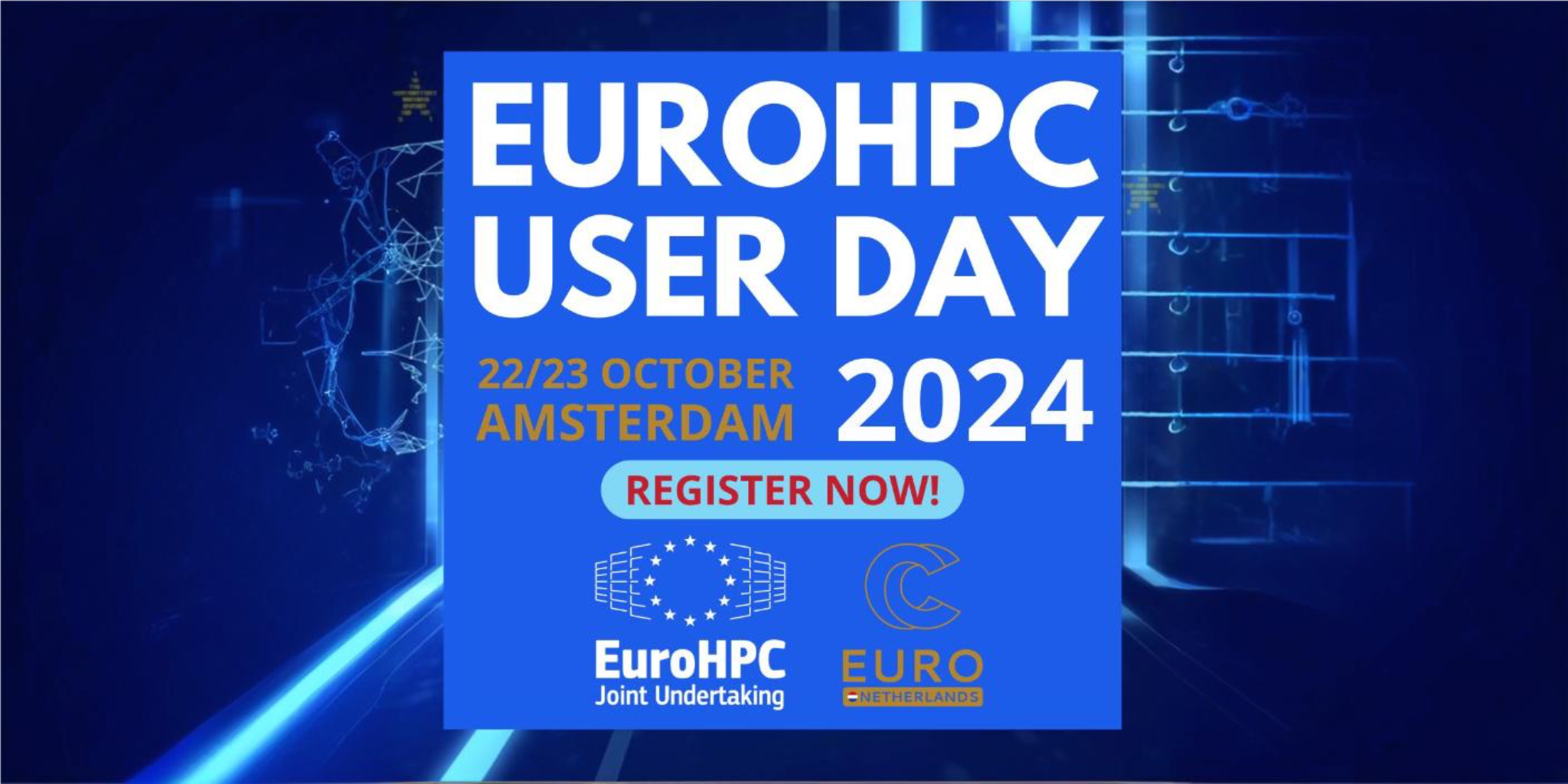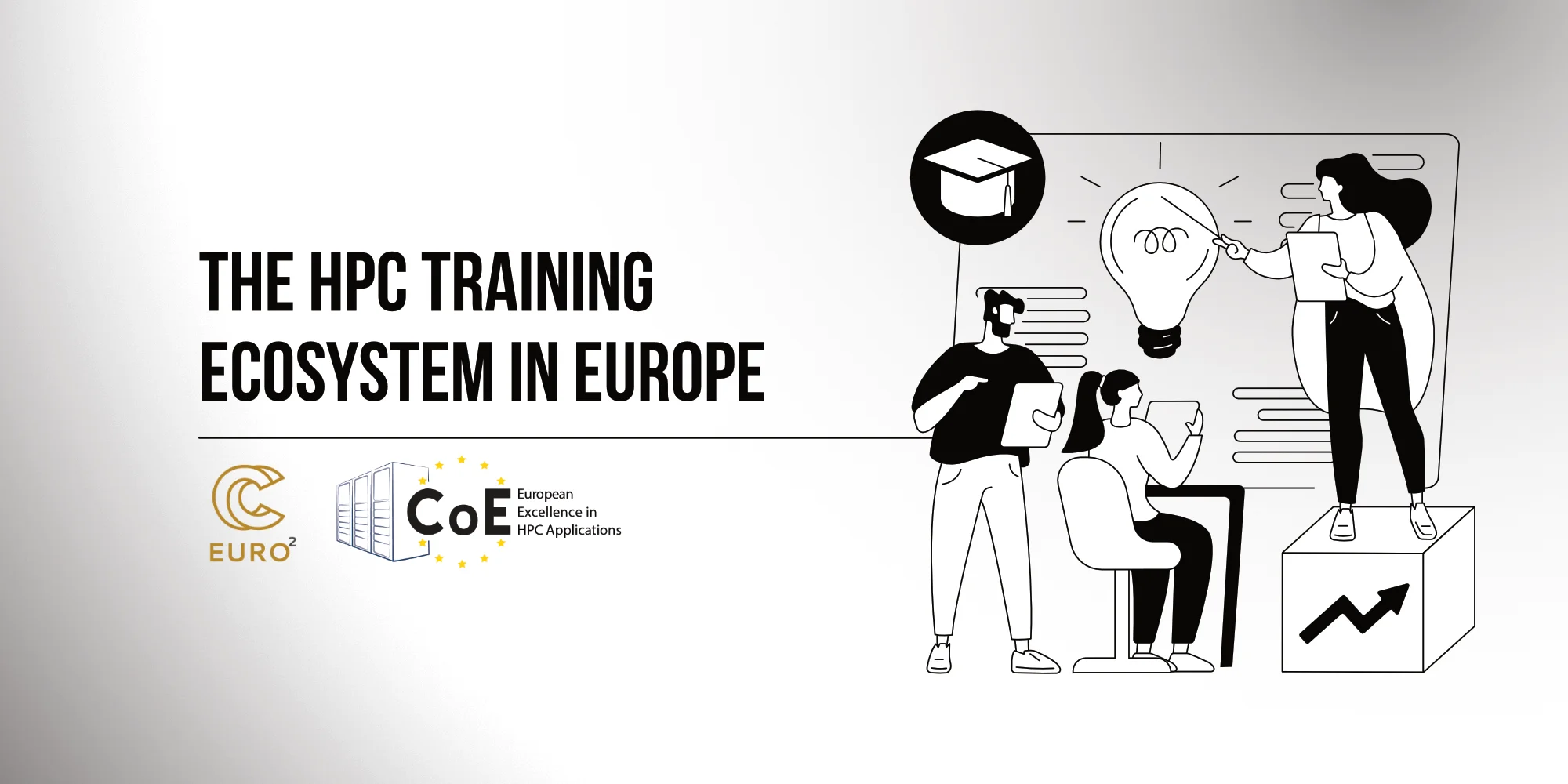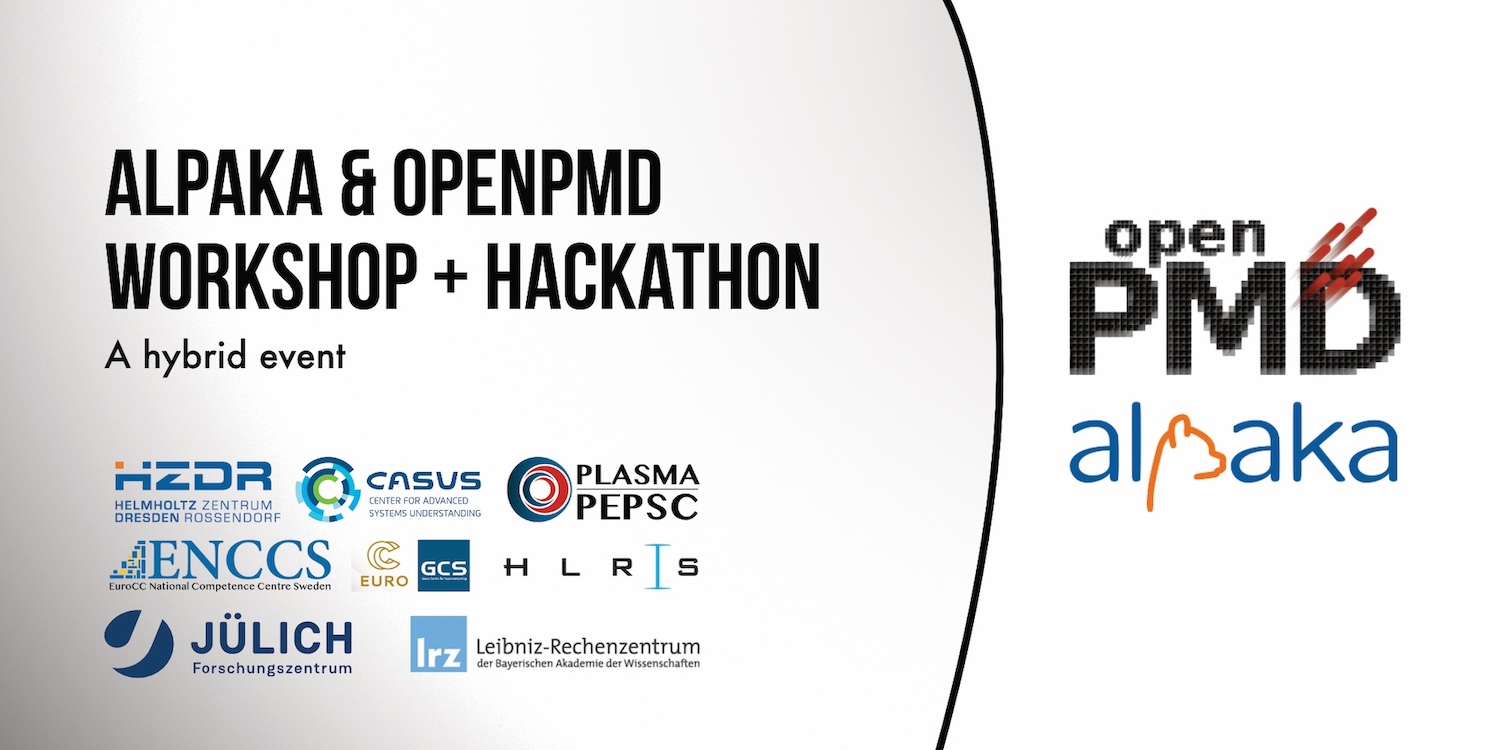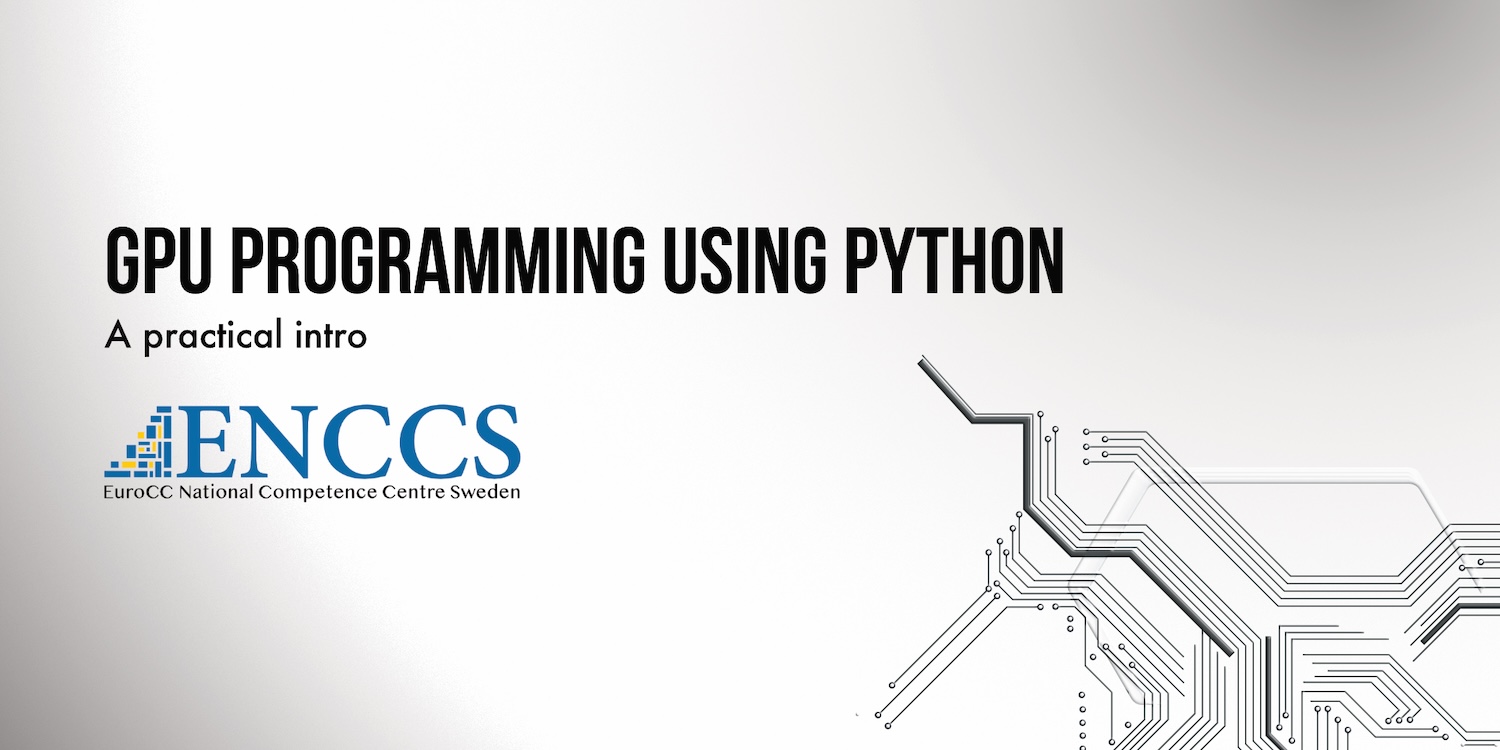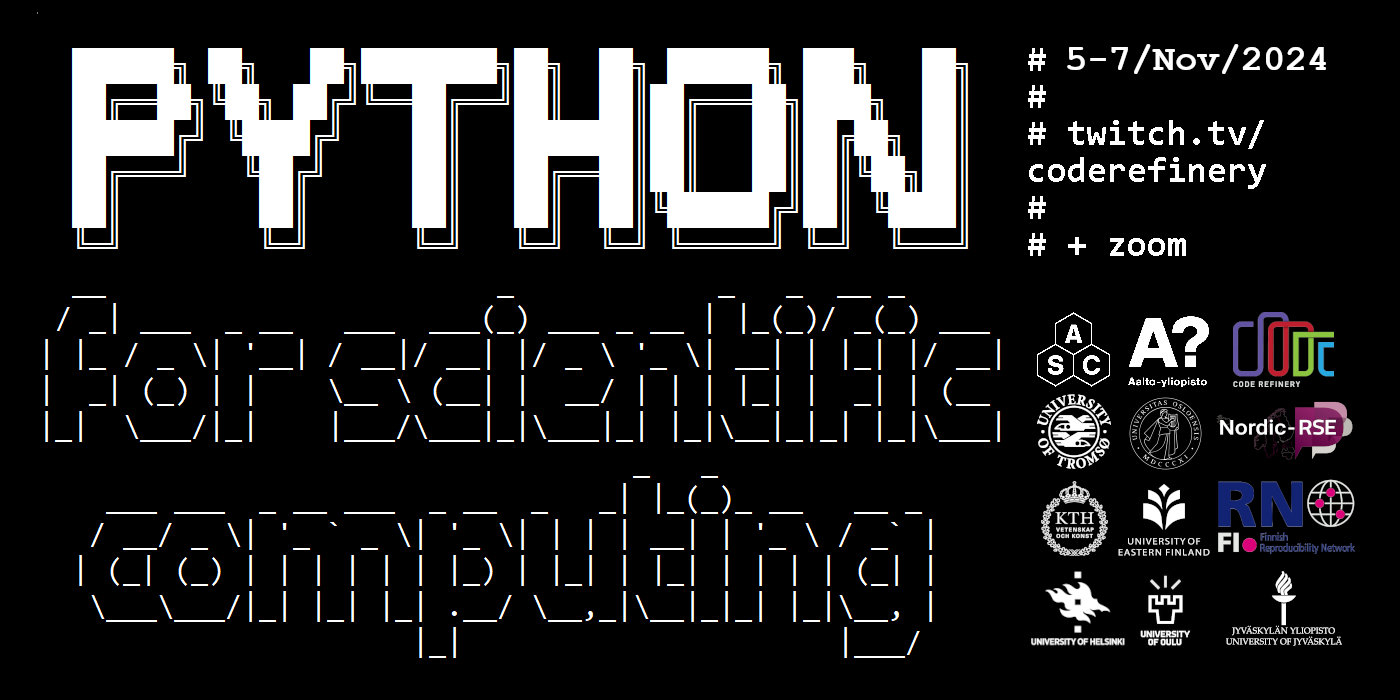We help you get supercomputer access and training for FREE!
We are the Swedish national centre that helps industry, public administration and academia get supercomputer access and training using the fastest European machines.
Training
Supercomputer Access Support
Industry and Public Administration
Software support
ENCCS Activity
Discover the latest developments and insights from the supercomputing world. Articles, updates, success stories, new European supercomputers you can access, as well as training events in Sweden and the rest of Europe.
Did you check our podcast?
Supercomputing in Europe is a podcast where we discuss tech topics with supercomputing at their core. Episodes are produced by European Supercomputing Competence Centres, such as ENCCS, and Centres of Excellence in HPC.
Dive into interesting topics like AI, future technologies, quantum computing, and more.
Join us!
Subscribe to Our Newsletter
Be part of our mailing list and quarterly receive our newsletter with training events and latest news.
Latest news
Supercharge your skills!
Join our unique supercomputer training and access the fastest European machines.
Join our training events and learn about HPC topics, including MPI, OpenMP, GPU programming, performance engineering and best practices in software development. We arrange supercomputer access for you during the training.
The workshops are taught by our own experts, as well as distinguished instructors from other partner organisations.

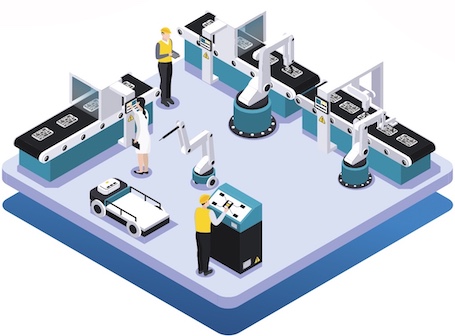
Does you businesses/public authority needs FREE supercomputer access?
Innovate services and products by having access to high-end European supercomputers.
Analyze large amounts of data by using the latest, efficient, and secure high-performance machines in Europe.
ENCCS gives also hands-on support to your software in order to use multiple GPU and CPU HPC systems.
Want to get 100x more CPU/GPU power?
Get up to two years access to European high-performance computers to develop, test, or run your code for free!
Do you need compute capacity for data analysis or machine learning?
Perhaps you use compute-intensive simulations in engineering, life science or any other domain? Check your needs
below!
Unsure? We can help you!
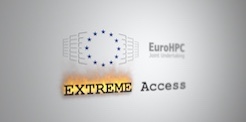
EuroHPC JU
Extreme Access
For getting a large amount of compute time (12 to 24 month access)
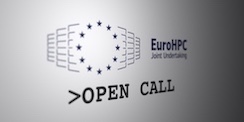
EuroHPC JU
AI/Data-Intensive Access
For getting a large amount of GPU compute time (12 month access) for AI related work

EuroHPC JU
Regular Access
For getting a large amount of compute time (12 month access)

EuroHPC JU Development Access
For developing your solution or software (6-12 month access)

EuroHPC JU Benchmark Access
For benchmarking and small tests (3-month access)
How do you go about applying?
In this video we explain how a company, public authority or researcher can apply for access to EuroHPC JU supercomputers.
Need more tailored help?






